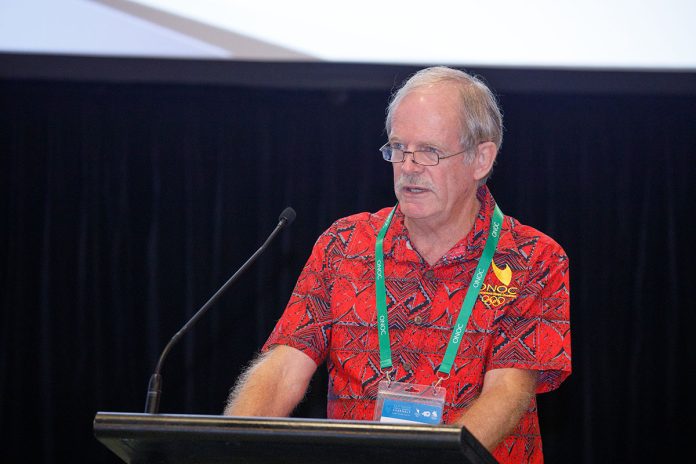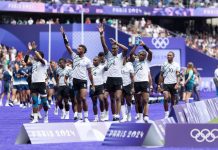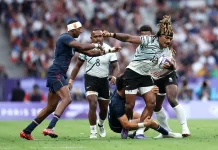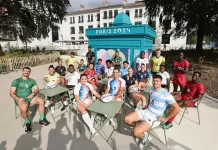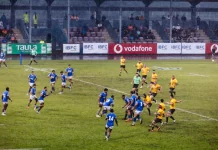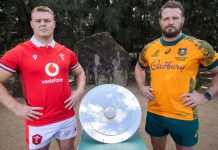The ONOC Medical Commission is one of the key Commissions that worked to bring confidence to athletes and National Olympic Committees in Oceania during the COVID-19 pandemic – its core work being the health and wellbeing of athletes before, during, and after the TOKYO 2020 Summer Olympics.
The four other commissions at the Oceania National Olympic Committees (ONOC) are the Athletes’ Commission, Education Commission, Equity Commission, and the International Relations Commission.
Dr Chris Milne, Chair of the ONOC Medical Commission said, “Our key achievement included the memorable performances of our Oceania Olympic and Paralympic athletes.
“Two other items that are key achievements for us as the Olympic Movement were our ability to hold the Games during a global pandemic and this was a triumph of robust operating systems; and the item which was a game changer was the availability of effective vaccines’.
Dr Milne said these were critical achievements because there were challenges to overcome.
“Last year, 2021, was challenging because of uncertainty regarding vaccine availability and effectiveness, disruption to athlete preparation, and mental health challenges.
“In addition, there was consideration for the evolving research and growing findings around the effects of Long COVID on the health of athletes and support staff, and the additional logistics of PPE and other medical items.”
In the lead-up to TOKYO 2020, Dr Milne said, “Much of the work involved advice to the National Olympic Committees (NOCs) to supplement the evolving advice from the International Olympic Committee (IOC) and the Tokyo Organising Committee for the Olympic and Paralympic Games (TOCOG).
“There were also significant additional logistics required due to the pandemic and the Tokyo Playbooks provided by TOCOG were invaluable as they helped with planning’.
Dr Chris Milne also shared that the ONOC Shared Medical Services Clinic was in operation in Tokyo.
Dr Milne said, “Australia, New Zealand, Fiji, and Papua New Guinea teams each had doctors and physiotherapists as part of their delegations but the six at the ONOC Shared Medical Services Clinic supplemented these and were critical for island countries that did not have dedicated medical staff.
“The doctors at the Shared Services Medical Clinic included Luis Cruz (GUM), Teariki Puni (COK), Ariana Adolphson (ORADO board member from GUM); and physiotherapists, Mikaela Heilman (SAM) and Rachel Douglas (ASA)”.
The ONOC Shared Medical Services attended to 17 medical cases and 44 physiotherapy cases.
Overall, Dr Milne said the important work from the Commission included the professional advice to NOCs, the backup medical services for smaller island delegations, the provision of anti-doping advice to the Oceania Regional Anti-Doping Organisation (ORADO), and the move to online engagement to ensure meetings and decisions to continue services were uninterrupted.
The ONOC Medical Commission will be providing guidance and support toward the Oceania NOCs in preparations for the 2022 Pacific Mini Games in Saipan and Rota in the Northern Marianas; the 2022 BIRMINGHAM Commonwealth Games in the United Kingdom, and at the SOL2023 Pacific Games in Honiara, Solomon Islands.
SOURCE: ONOC MEDIA/PACNEWS






